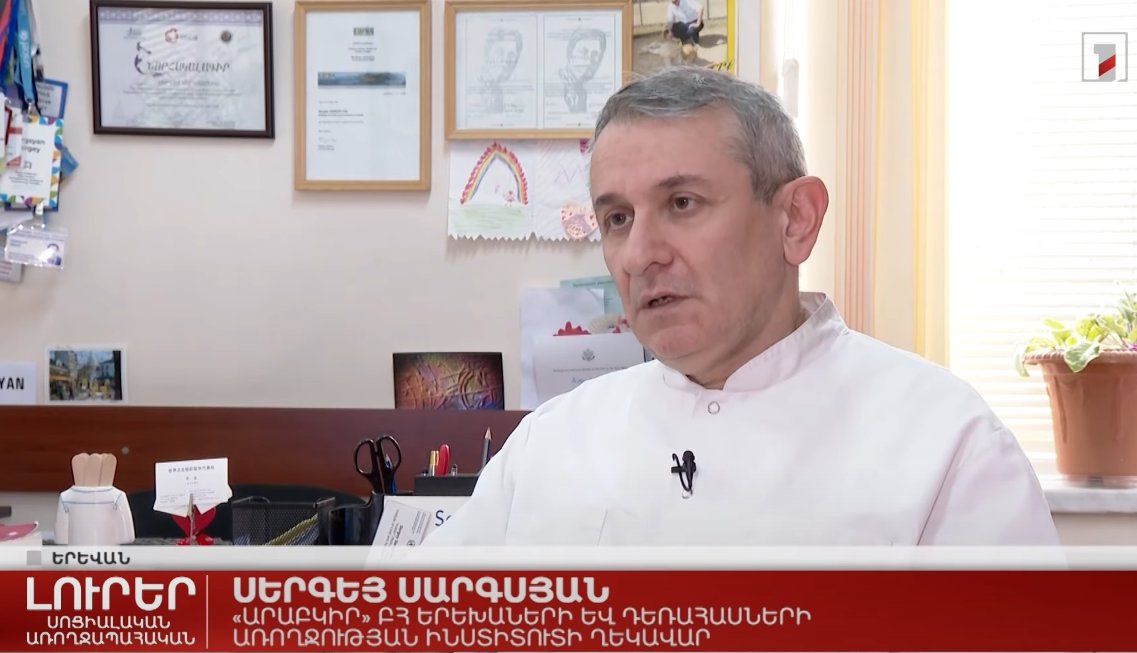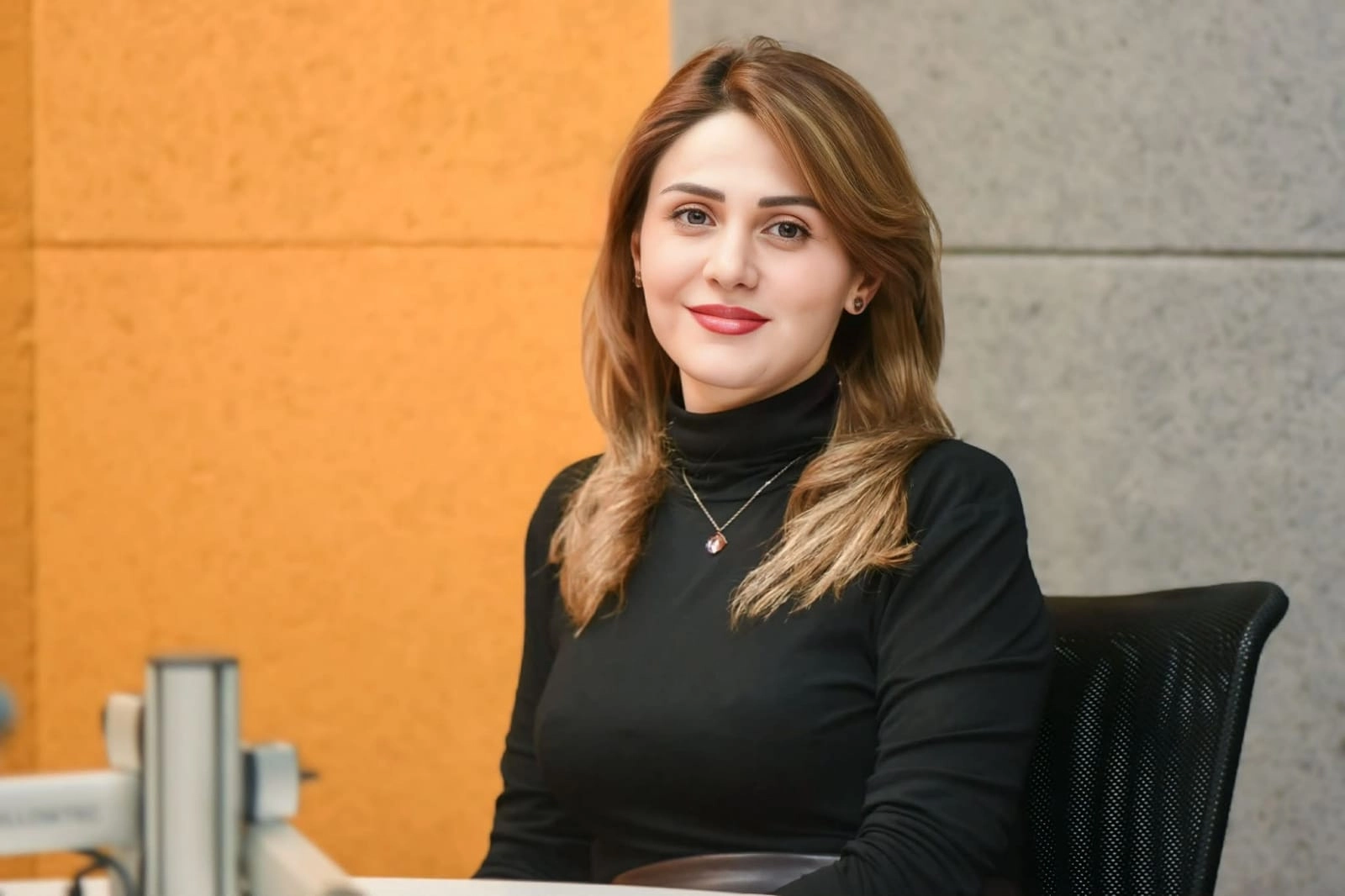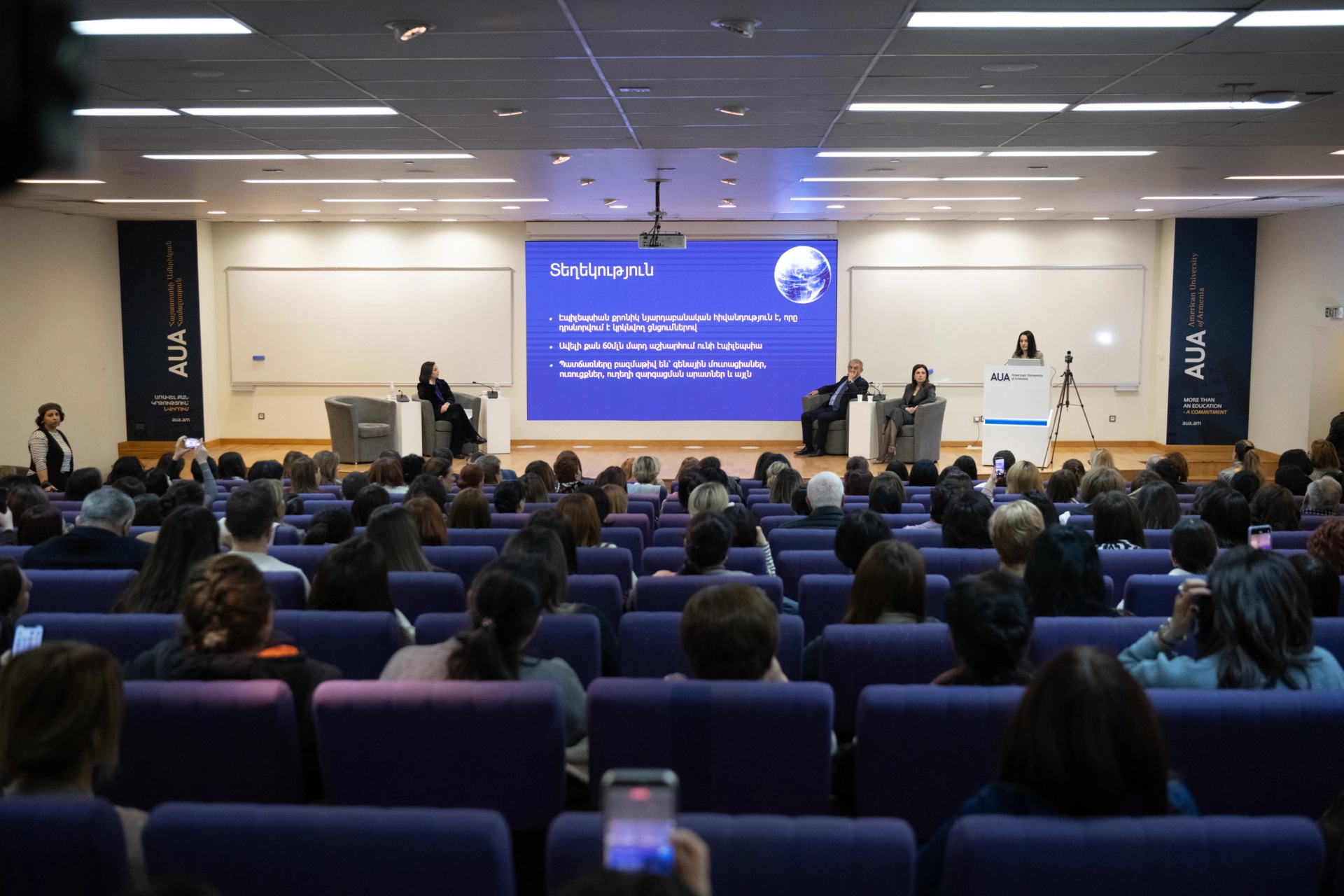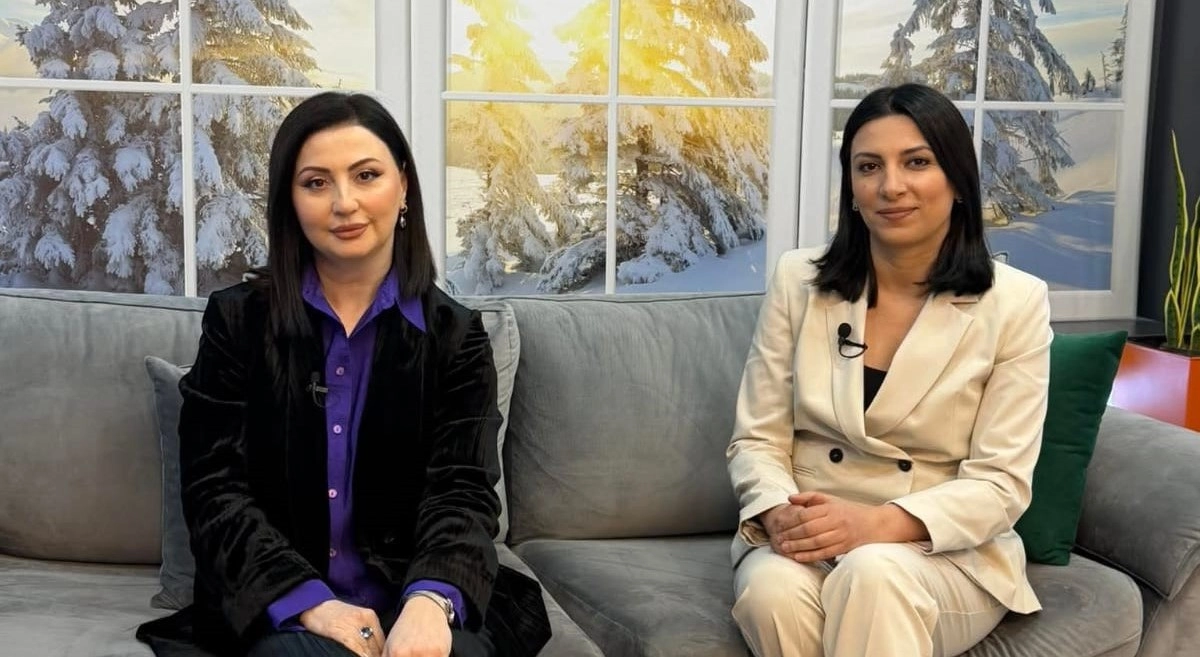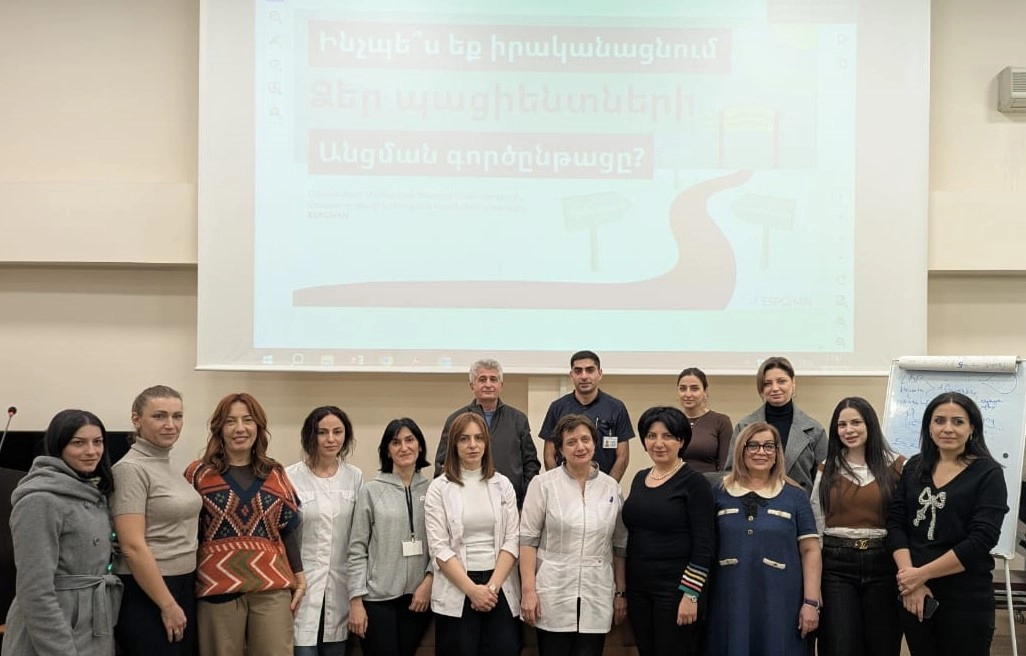Pediatrician Sergey Sargsyan, the head of the Institute of Children and Adolescent Health at the "Arabkir" Medical Complex, addressed questions from the Public Television Company "News" regarding Periodic disease / Familial Mediterranean Fever (FMF), a genetic condition prevalent among Armenians and relatively common in our population.
Thanks to the dispensary control service established decades ago, cases of complications related to the disease and its consequential kidney failure have significantly decreased from 16% to 0 among children under the age of 18 with FMF.
Approximately 3600 children diagnosed with FMF are currently undergoing treatment in Armenia, including compatriots under the age of 18 residing in other countries with the same diagnosis. The doctor emphasizes that approximately 400 children receive this diagnosis annually, with a noticeable upward trend in recent years.
According to pediatrician Sergey Sargsyan, the head of the “Arabkir” Medical Center-ICAH “Periodic disease” is a hereditary disorder. Although some may refer to it as the “Yerevanian disease”, it is unrelated to the city of Yerevan. In the international classification, it is known as “familial Mediterranean fever”, affecting people from this region, including Armenians, Sephardic Jews, Arabs, and Turks, who naturally inherited the gene through centuries of mixing with different populations.
The disease can manifest with recurrent fever, abdominal pain, and may even lead to kidney failure. It is prevalent among the Armenian population, with most cases developing before the age of 20, depending on the type of gene.
Dr. Sargsyan explains, “One in five individuals has one gene, but a single gene is insufficient. For the disease to develop, two genes—maternal and paternal—must combine, in most cases.”
While in the 1990s, approximately 16% of children in our country experienced kidney complications before reaching adulthood, the current scenario has changed.
Sargsyan details, “The discovery of the gene, conducted by the Center of Genetics in Armenia, along with subsequent organizational efforts and the implementation of a unique ambassadorial model, where patients visit the center for treatment and check-ups, has led to a remarkable reduction. Today, I can report that the initial 16% has decreased a hundredfold. We now have unique cases where children develop kidney complications, at least in infancy.
The Children's Republican Center for Periodic Diseases at the “Arabkir” Medical Center provides treatment for children aged 0-18 years under the state order.
Sergey Sargsyan adds, “People over the age of 18 can also receive appropriate medication and undergo monitoring at the regional health center.
Various treatment and control models are available. The crucial aspect is to diagnose the disease promptly and at its earliest stage.

 English
English
 Հայերեն
Հայերեն Русский
Русский